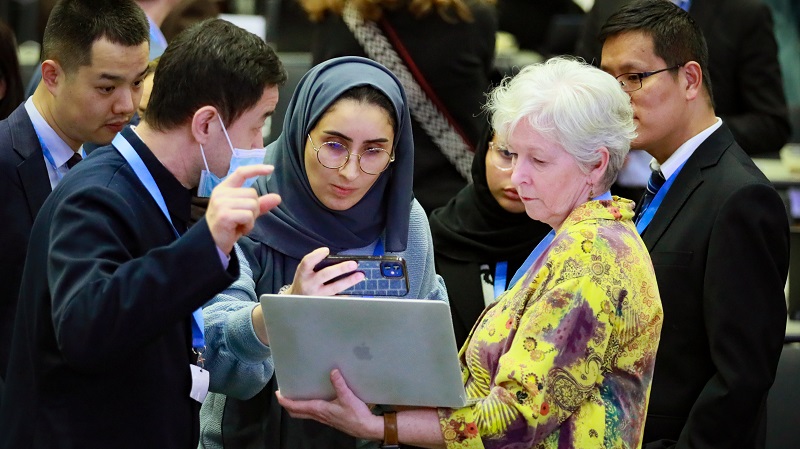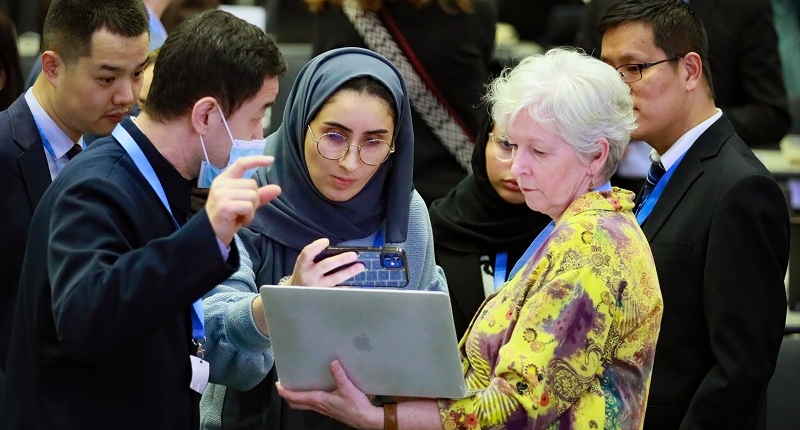The IPCC’s latest report warns that we are on course for more than 1.5°C of warming, which will cause huge suffering, but many of its conclusions are familiar. The rich world has largely failed to help the developing world respond to this problem. Antonio Guterres suggested that rich countries should aim for net zero by 2040, and emerging nations by 2050. However, most major polluters are still years away from meeting these targets. The discussions at Cop27 and a gathering of 50 climate ministers in Copenhagen centred on the split over fossil fuel phase-out, with consultations continuing as the issue will likely remain a hotly debated topic at Cop28 and beyond. Developing countries such as Chile and Mexico want to be recognised as “particularly vulnerable” in the report, which would qualify them for loss and damage finance. Saudi Arabia has advocated for climate strategies to focus on carbon capture and storage, while Europeans and other nations prefer renewable energy.
Science Meets Politics – Climate Weekly

The IPCC’s latest report has been approved, and its scientists are celebrating in Interlaken, Switzerland after years of hard work and sleepless negotiations. The report itself, however, is a synthesis of the previous three reports and does not contain much new information. The report states that we are on track for over 1.5°C of warming, which will result in considerable suffering. Although some of this suffering is inevitable, the report suggests that the rich world has failed to help developing countries avoid avoidable problems.
To avoid the worst of climate change, emissions must be reduced. Antonio Guterres, the UN Secretary-General, used the report’s findings to launch a new set of benchmarks for countries’ net-zero targets. Guterres suggested that rich countries should aim for net zero by 2040, while emerging nations should achieve this by 2050. However, most major polluters are ten years or more away from meeting these targets, and more pressure is needed to encourage policy changes.
The IPCC is an intergovernmental organisation, meaning that government negotiators discuss the reports with the scientists. While this process can reduce the report’s scientific accuracy, it provides valuable insight into government priorities. For example, developing countries such as Chile and Mexico want to be recognised as “particularly vulnerable” in the report, which would qualify them for loss and damage finance. Meanwhile, Saudi Arabia has advocated for climate strategies to focus on carbon capture and storage, while Europeans and other nations prefer renewable energy.
Sign up to get Climate Weekly’s weekly newsletter, which includes breaking news, investigations, and extra bulletins from important events, sent straight to your inbox.
Split Over Fossil Fuel Phase-Out Continues
The split over the fossil fuel phase-out dominated the final hours of Cop27 and continued to be discussed at a gathering of 50 climate ministers in Copenhagen this week. Consultations and deliberations on this topic are ongoing, and it will likely remain a hotly debated issue at Cop28 and beyond.
Don’t miss interesting posts on Famousbio








